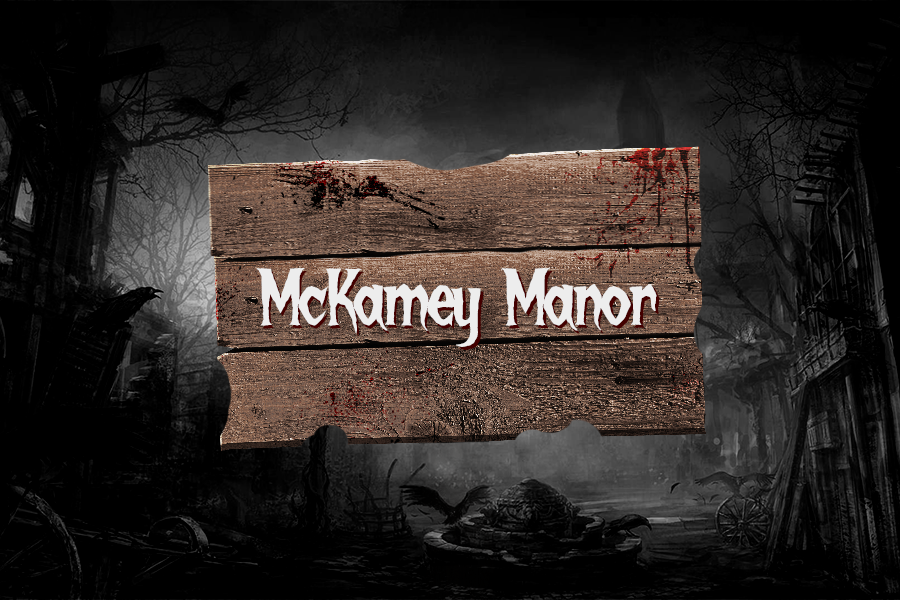Irony Is the Issue: How “The Simpsons” has contributed to the loss of sincerity
October 15, 2021
Irony is a parasite. Irony is a leech that binds to words, melding itself so inseparably to our words that without irony they seem naked. Irony has become almost second nature, just a fact of life. Irony melds itself so inseparably from them that without it, our words seem naked. We have learned that sentiment isn’t always so presentable, so we dress up words and bury them in layers of artifice until the underlying sentiment is obscured. Our words are as vulnerable as we are. Truth and lies have existed longer than any of us, and our internal battle between the imperfection of sentiment and the ineffectual detachment of lies is nothing new, but irony greatly complicates this battle. Irony has blurred the lines between truth and lies, confusing not only our interactions, but our thoughts as well. There is not a sole reason for this development, but there is one television show representative of this plague, and that show is “The Simpsons.”
As a sitcom,“The Simpsons” can only be so emotionally vulnerable with its characters. Conflicts must be resolved and comedy must ensue. They have their occasional cracks in the facade, their episode or two of exploration, but the show never stews in these depths, and this is because the characters are written to be two-dimensional. They are used as vehicles for jokes first, characters second. I wouldn’t take issue with “The Simpsons” if it were completely forthcoming in its intention to be strictly a sitcom, but it was not meant to be. “The Simpsons” was instead supposed to be a response to the tropes of sitcoms and the pitfalls of modern life. I think that it is a contradictory approach, to write sitcom characters and use them for greater cultural excavation. But even when the show does include a genuine moment, it almost never addresses the constant pessimism that is so prevalent throughout the episodes. The show lacks nuance in this way. It can either be fully pessimistic, or sweetly content. Life does not work in such absolutes. But even with “The Simpsons’” cultural criticism, there are ironic faults.
Let’s use “The Simpsons’” portrayal of television as an example. In any instance of television’s use, it is only shown as pacifying and dull. It silences thought and entrances the whole Simpson family. This mockery of television underscores the entire show, being the centerpiece to the famous “couch-gag.” But when “The Simpsons” shows a dependence on television, what does it mean to say? Does it mean to ask where the boundaries between dependence and appreciation are in the media? Does it mean to question the legitimacy of an art form that is so easily consumed? If “The Simpsons” is raising these questions, then it isn’t answering them well. If the show is going to lampoon television for its mass appeal, then it must justify its existence as a television show. Maybe this is too much to ask for a show that has already come and gone, that existed in a time before adult animation and before any precedent was set, but I wish that the show was better. I think that there was and still is so much to say about American culture, and I only wish that a show with “The Simpsons’” influence had brought more to the discussion. Instead, “The Simpsons” is only a good show, and one steeped in the bliss of irony.
I know that it is easy to hide behind irony, because communication is difficult. In these formative years of our youth, our ideas and perceptions of the world change drastically. As teenagers, we are caught between our personal insecurity and our intellectual insecurity. Irony can tackle falsehoods and expose them for their truth, but it can only function behind a coherent worldview. Our issue is that most of us don’t have coherent worldviews yet. But in irony, there is comfort. Because one doesn’t have to take responsibility for one’s beliefs, the words lose all meaning. Put another way, the more that irony replaces that worldview, or that underlying sentiment, the more confused our intention becomes. So too, a reliance on irony isolates one emotionally, both from others and from ourselves. Even though it may be difficult to speak with people honestly, or to honestly consider the thoughts that may be troubling us, sincerity is essential if we mean to understand ourselves and each other.





